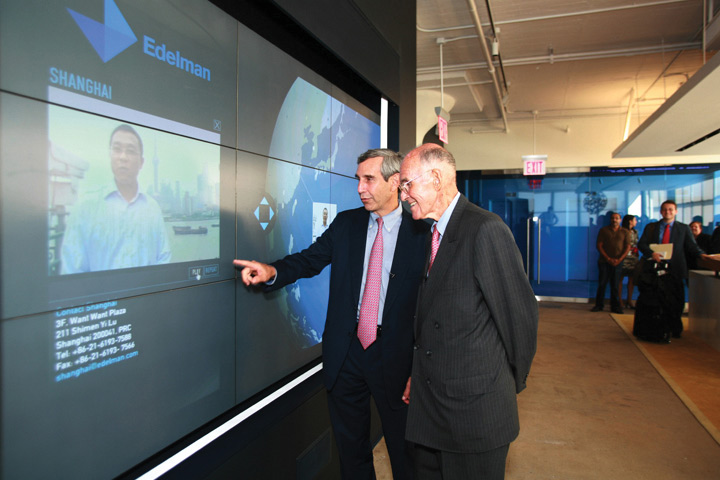â–¶ Post-Recession Americans Redefine the American Dream: Although the vast majority of Americans say the Great Recession changed their outlook on life, nearly three-quarters (74%) of respondents of a study by communications agency Solomon McCown & Company say they feel they have achieved the American Dream or are on their way to doing so. The poll of 1,009 adults conducted by Anderson Robbins Research shows Americans remain worried, but are more thrifty and determined. They have redefined the American Dream to place more importance on achieving softer goals—a happy marriage, a healthy retirement and environmentally responsible living. Study highlights include:
• 24% of Americans report that their household has “mostly recovered” from the impact of the recession; 41% say they “still have a ways to go”; and 14% say they “might not ever fully recover.”
• A majority (56%) of those who feel they might not ever recover said they have already achieved the American Dream or are on their way to achieving it.
• Asked to rate the importance of different aspects of the American Dream, 83% pick “a happy marriage” as very or extremely important; “a long and healthy retirement” ranks second with 77%; and “living in an environmentally responsible and sustainable way” ranks third with 72%.
• The majority of respondents report feeling more “thrifty” (68%), more “determined” (65%) but more “worried” (61%) today than they were before the recession.
Source: Solomon McCown & Company/Anderson Robbins Research
â–¶ Mobile Maps and Directions Big, Foursquare Isn’t: Three-quarters of U.S. adults who own smartphones use those devices to get some kind of real-time location-based information—from maps and directions all the way to cutting-edge features like Yelp’s Monocle augmented-reality view, says a study released in May 2012 by the Pew Internet and American Life Project. Other findings include:
• 18% of all U.S. smartphone owners use geosocial services such as Foursquare, Facebook Places and Google Latitude—up from 12% a year ago—but it still isn’t a popular activity among U.S. smartphone owners.
• About one-third of American smartphone owners whose education went no further than high school don’t use location info or services on their phones.
• The less money you earn, the less likely you are to use mobile maps or navigation: only 69% of smartphone-owning adults earning $40,000 per year or less do this, compared to 79% of those earning $75,000 per year or more. PRN
Source: Pew Internet and American Life Project

